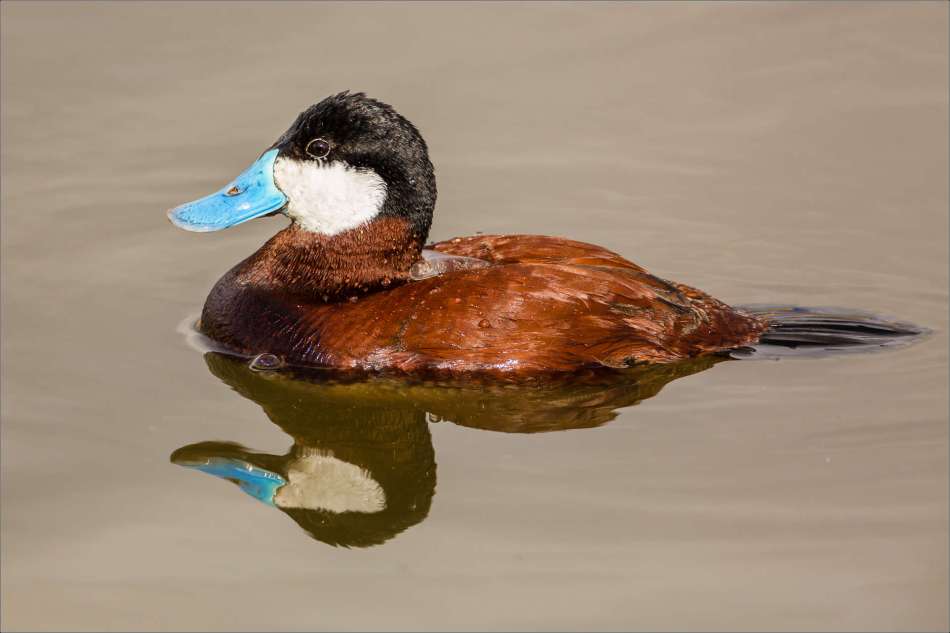Look & Listen
You may think this is just all 'old hat' and that it's obvious, but lots of beginning birders don't seem to do it. Yes, although it is exciting to go outdoors and find some birds, there's no way you're going to see any interesting ones with all the noise you're making. If you're quiet enough, you can see some pretty neat birds that are deep in the reeds or woods.
If you are also quiet enough, you should be able to hear birds. Use your ears to seek out the birds (while being quiet!). This is why it is also handy to have not only good sight identification skills but also ear identification skills. I admit myself that identifying birds their looks is a lot easier and I lack a bit of knowledge on that.
Just follow these two simple rules and you'll find more cool birds, faster. And you'll have great stories to tell your fellow birders about.

